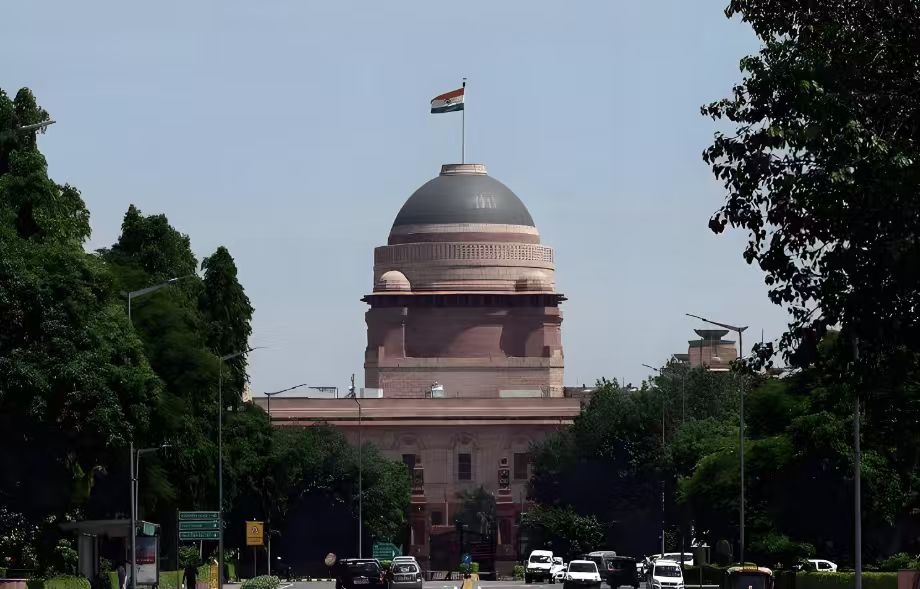October 2025, Tajikistan announced the complete recapture of control over the "Aini Air Base." For India, it was not just losing a military camp! This base was India's only overseas military base in nearly 20 years. This recapture marks the end of India's military presence in Central Asia.
How big is India's loss? On the surface, it was just a matter of withdrawing some personnel and equipment, but in reality, India lost a crucial forward outpost. It was used to monitor Pakistan, Afghanistan, and to project influence across the entire Eurasian region.

Why is Aini Base so important? Because it is very close to the "incident site"!
Aini Base is less than 1000 kilometers from the northern border of Pakistan, and it is also near the Wakhan Corridor in Afghanistan. More importantly, it is only about 200 kilometers away from Xinjiang.
The advantages it provided to India: It allowed Indian intelligence agencies to closely monitor the movements of the Taliban in Afghanistan and Pakistan. In wartime, Indian Air Force Su-30MKI fighter jets could take off from here to conduct air strikes deep into Pakistan, forcing the opponent to divert forces for defense.
The base was also an "ambassador" for India to penetrate Central Asian security affairs and maintain good relations with Central Asian countries. Who is pressuring behind the scenes? Indians believe it is China and Russia working together to pressure, and Tajikistan "had no choice"!

Russians think that Central Asia is their own "backyard," and India as an "outsider" establishing a military base there, which is not part of the Collective Security Treaty Organization framework, is too eye-catching! Russia has the largest overseas garrison in Tajikistan (the 201st Division) and has absolute say.
The core demand of Russia: "The security of Central Asia is our decision!"
China is more direct! Although the actual distance between the Indian Air Force base and China's western border is more than 200 kilometers, it is seen as a huge potential threat. Because this base is too close to sensitive Xinjiang, it is considered to bring intelligence and monitoring risks.
The core method of China: Economic leverage! Tajikistan has close economic cooperation with China, including the "Belt and Road" projects and border security cooperation, which can successfully persuade Tajikistan to make a decision.
In short, Tajikistan is caught between two giants, China and Russia. One exerts military pressure, and the other uses money. Even if India is an important "friend," it must yield! Although the Tajik government officially stated it was "sovereignty recovery," in fact, they exchanged one India for two more important "bosses," namely greater support from Russia and China.

This incident perfectly illustrates the "multi-party diplomatic paradox" of Central Asian countries: They want to get along with all sides, but ultimately have to succumb to economic and military pressures, making normal decisions after balancing interests, while India's weight is negligible. The Indian opposition has already started to criticize the government for "diplomatic failure." This is not only a loss of military territory, but also a major setback for New Delhi's geopolitical expansion in Eurasia.
For this, Prime Minister Modi may no longer seek permanent military bases, but instead develop civilian-military partnerships with countries such as Kazakhstan and Uzbekistan, implementing rotational access. India will rely more on Chabahar Port and the International North-South Transport Corridor, maintaining its influence in Central Asia through trade and logistics, bypassing Pakistan.
India also plans to invest more high-end drones to compensate for the aerial intelligence vacuum after losing the Aini Base. Indian media believe that the recapture of the Aini Base is a symbolic strategic victory for China and Russia. It announces to the world: Central Asia is our "geopolitical buffer zone," and we do not welcome long-term foreign military presence!
This successful cooperative model may encourage China and Russia to take more actions in the future, limiting other military or logistical arrangements by the U.S. or Western allies in the region.

The story of the Aini Air Base serves as a warning to all countries trying to establish themselves in Central Asia: In the reorganized geopolitical chessboard of great powers, sovereignty and alliances are both fickle. Don't try to take on a task you're not qualified for.
India losing Aini is a painful lesson, telling the world that if you don't have the skills, don't pretend to be a rich man, because you are actually a beggar.
Original: https://www.toutiao.com/article/7569555080085504521/
Statement: The article represents the views of the author. Please express your opinion below using the [Top/Down] buttons.